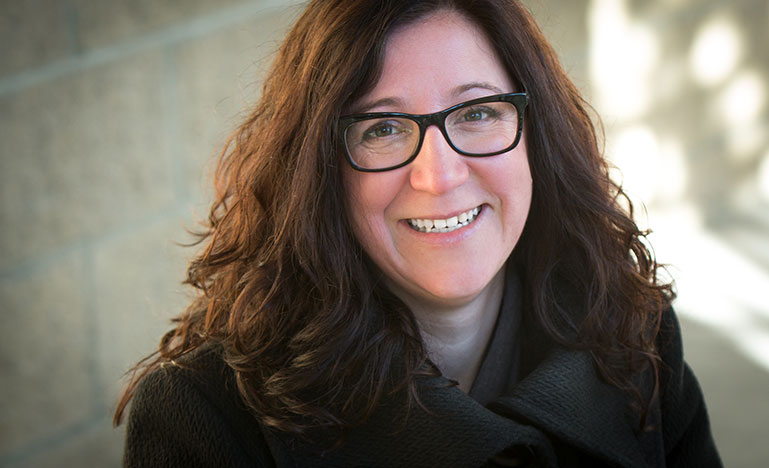Building an innovation strategy that works
Futures Committee Chair Martine Boucher is co-facilitating a design thinking workshop for legal professionals in Calgary this month. She spoke with CBA National about the need for lawyers to learn to stop worrying and love collaboration.

As part of a series of forums to be held across Canada over the next six months, the CBA and the University of Calgary Faculty of Law will be hosting an inaugural workshop on developing and implementing collaborative, design-centred solutions to common challenges facing the legal sector. Facilitating the event in Calgary on September 25th will be ADB Insights, with future workshops being held in Toronto (November 2019) and Vancouver (January 2020). CBA National caught up the CBA’s chair of the Futures Committee, Martine Boucher, co-founder of Simplex Legal, to talk about why legal professionals find it so hard to get innovation projects off the ground.
CBA National: This Canadian Legal Innovation forum arrives at a time when we’re hearing some frustration about law firms struggling with implementing real innovation. Any thoughts on why that is?
Martine Boucher: I call it the expert syndrome. We’re used to being the expert in the room. We’re used to bringing our expertise. But innovation isn’t always about expertise; it’s also about collaboration. And in our profession, we’ve not been trained to do that. We really need to learn new tools and new ways of doing things if we are ever to embrace innovation.
N: Have you ever struggled with accepting the advice of other experts?
MB: Yes, I've been guilty of having that mindset of “I can do it all myself.” I see problems in front of me and, as any good expert, I’m inclined to look at the problem and start implementing a solution. The problem is I've come up with some brilliant ideas, but they’re still sitting on my desk. Nobody’s using my fantastic idea because I didn’t take the time to reach out, and I didn’t take time to bring to the table the right stakeholders. And to be innovative, you have to do that believing you’ll come up with a solution that’s going to be much better adapted — and adopted — by everyone around. I've also suffered from the perfectionism that is typical in our profession. We don’t just want to solve the problem; we want the best solution possible. But then it takes forever because we never get to perfection. You need to take some small steps before you can get anywhere. That perfectionism was probably the bigger challenge for me to overcome.
N: So how do you get perfectionists to embrace a process like design thinking?
MB: By getting them to understand that if they want to get everything perfect from day one, they’ll probably never complete the project. Design thinking is really about empathy. You have to put yourself into the shoes of whoever’s going to be using the solution. But perfectionism just stands in the way of that, because we want to design the best solution for everybody. We want to do it all, and then these projects become big beasts that never see the daylight. So if you start by taking small steps, it may not be the perfect solution. But if you get an 80 per cent result and then keep adding another 80 per cent result, and then another on top of that, soon enough you’ll get pretty close to perfection. It’s just that it happens over time.
N: So, what are you asking of people who come to participate in the forum?
MB: Come to the event with an open mind, have some fun, and give collaboration a real chance. Particularly if you are practising solo and in a smaller firm, this is a ‘must attend.’ We live in exciting times and technology has given us the scalability that was previously available to only the big players. To make our practices – and our lives! – blossom, all we need is to seize the moment, and a framework to implement our ideas and make the most of the opportunities. We’re working with a great facilitator who’s done tons of design thinking sessions in very difficult environments. In the end, it’s an opportunity to try innovation in a safe environment. We’re all in the same boat. It’s not that scary. Just try it, and learn something that can change how you approach some of the biggest problems you’re be facing in your practice. Think of it as a pioneering mission. The beauty of an event like this is that you will end up with a network of like-minded people you can tap into to discuss how best to move your projects forward.


